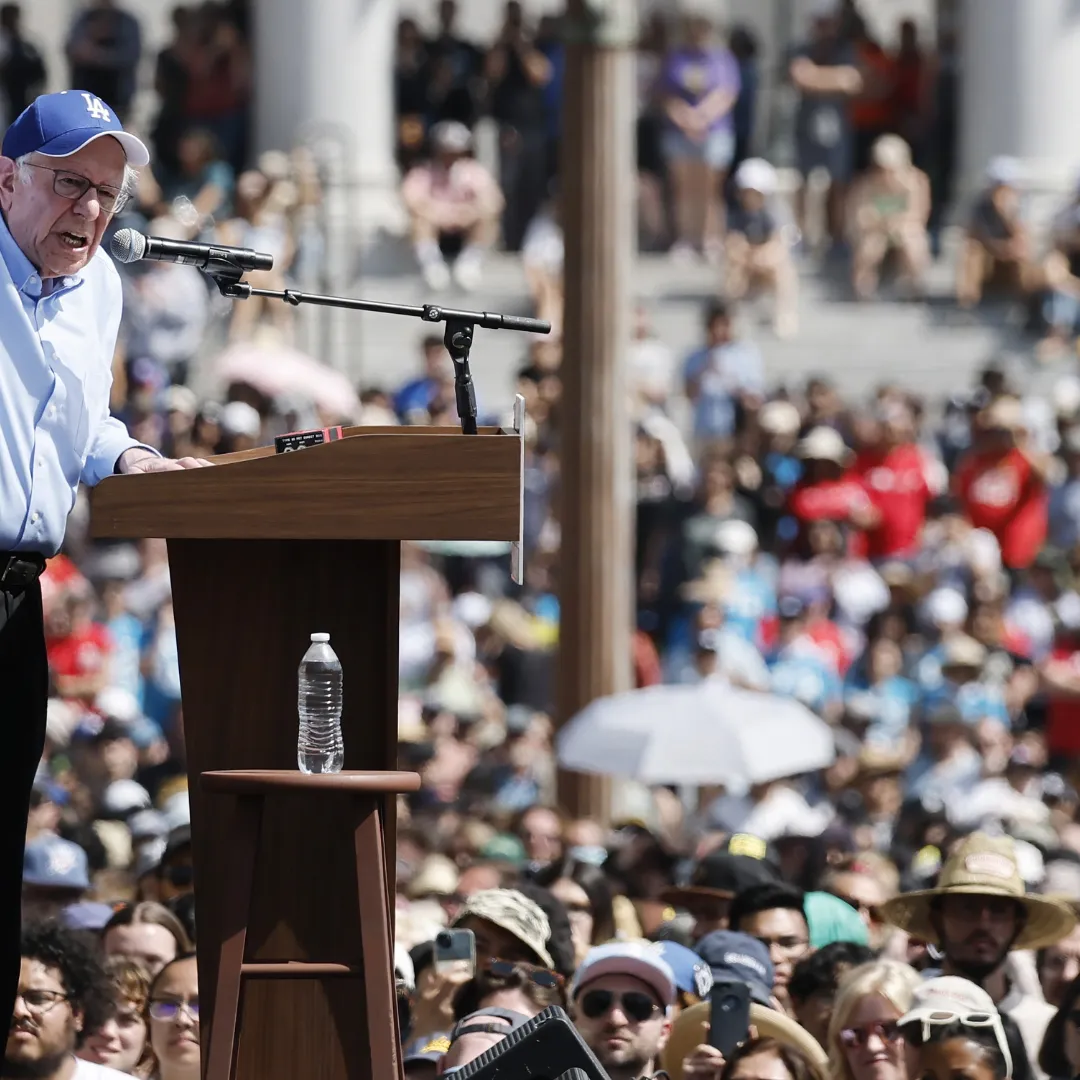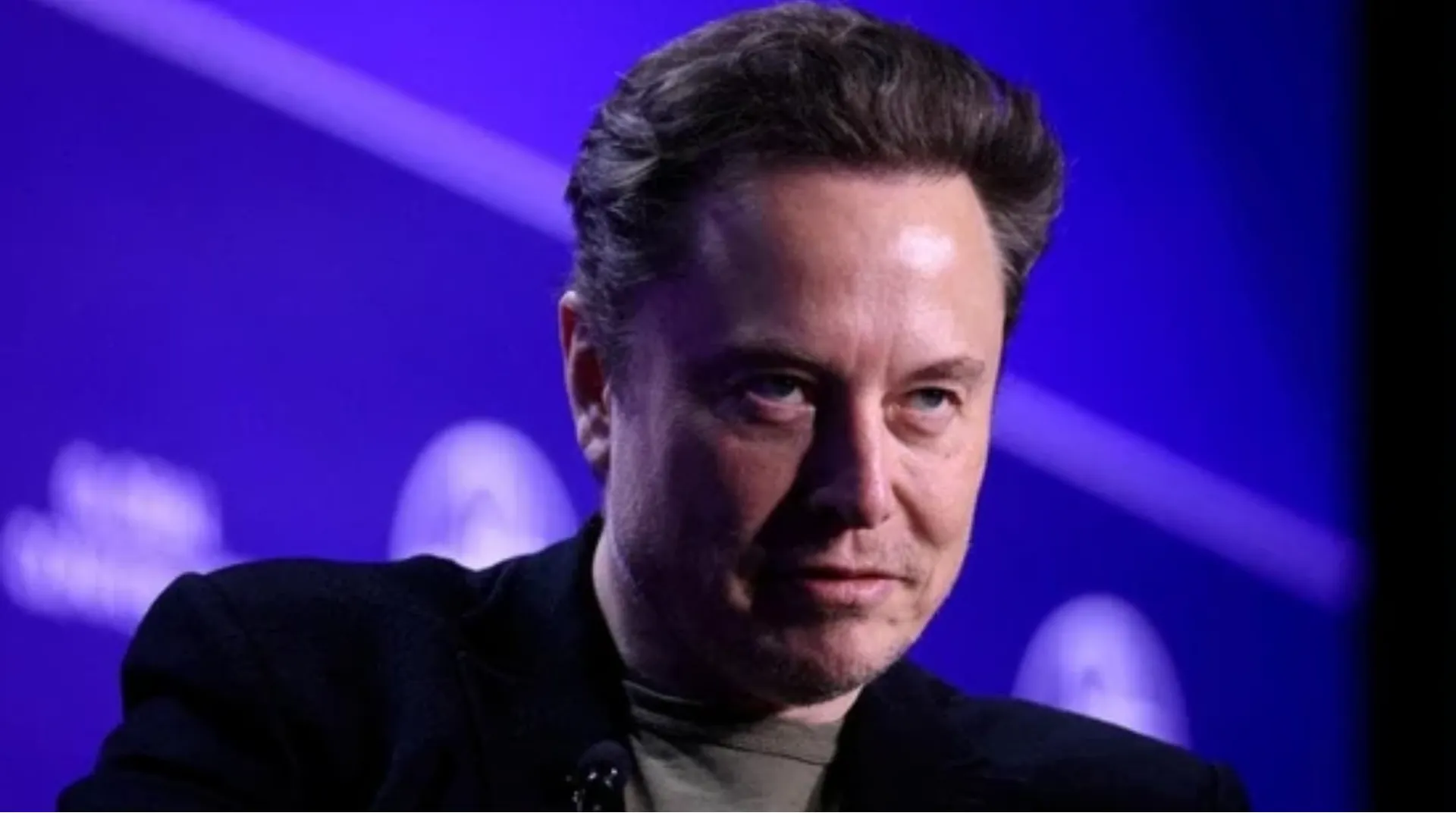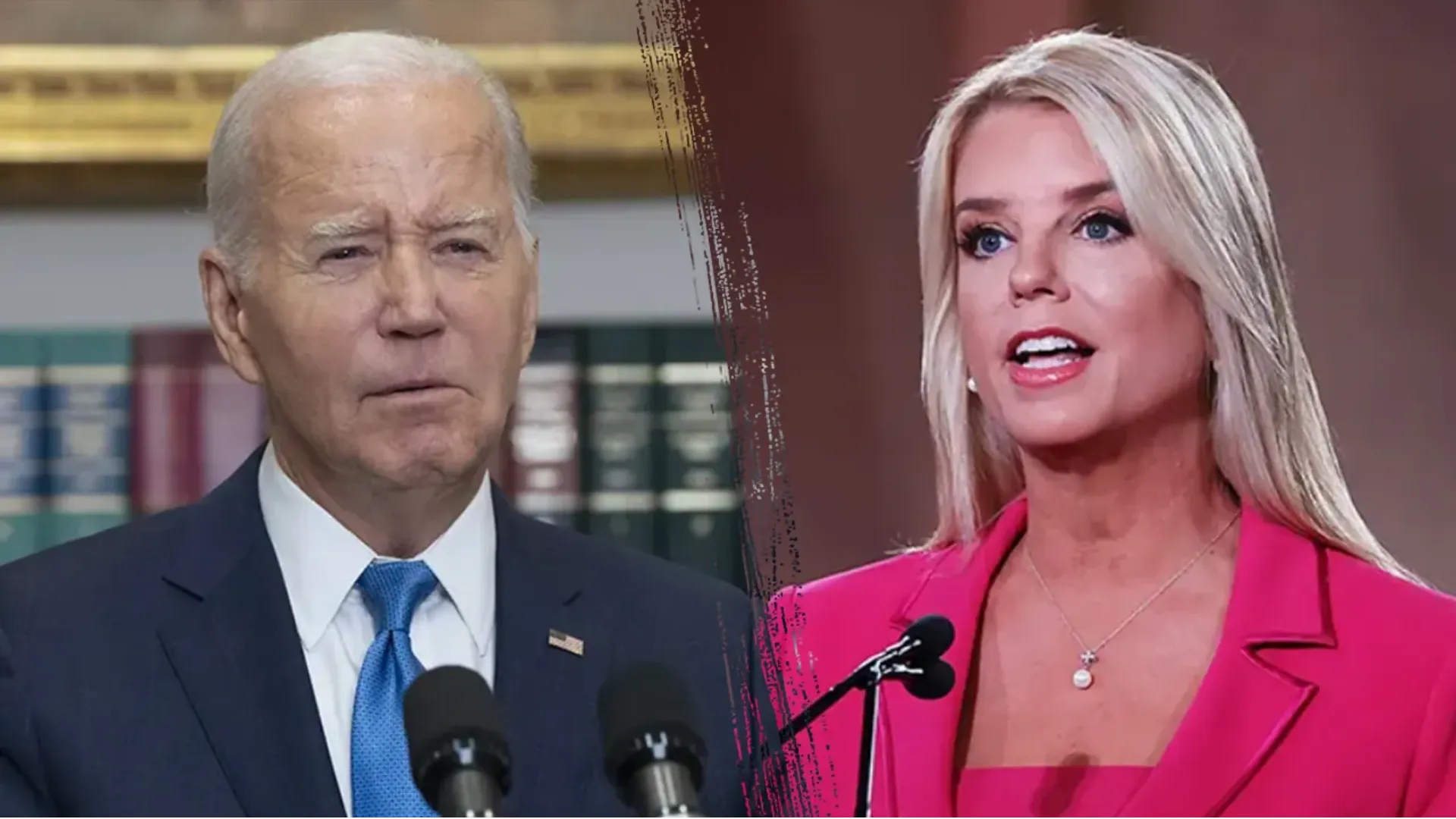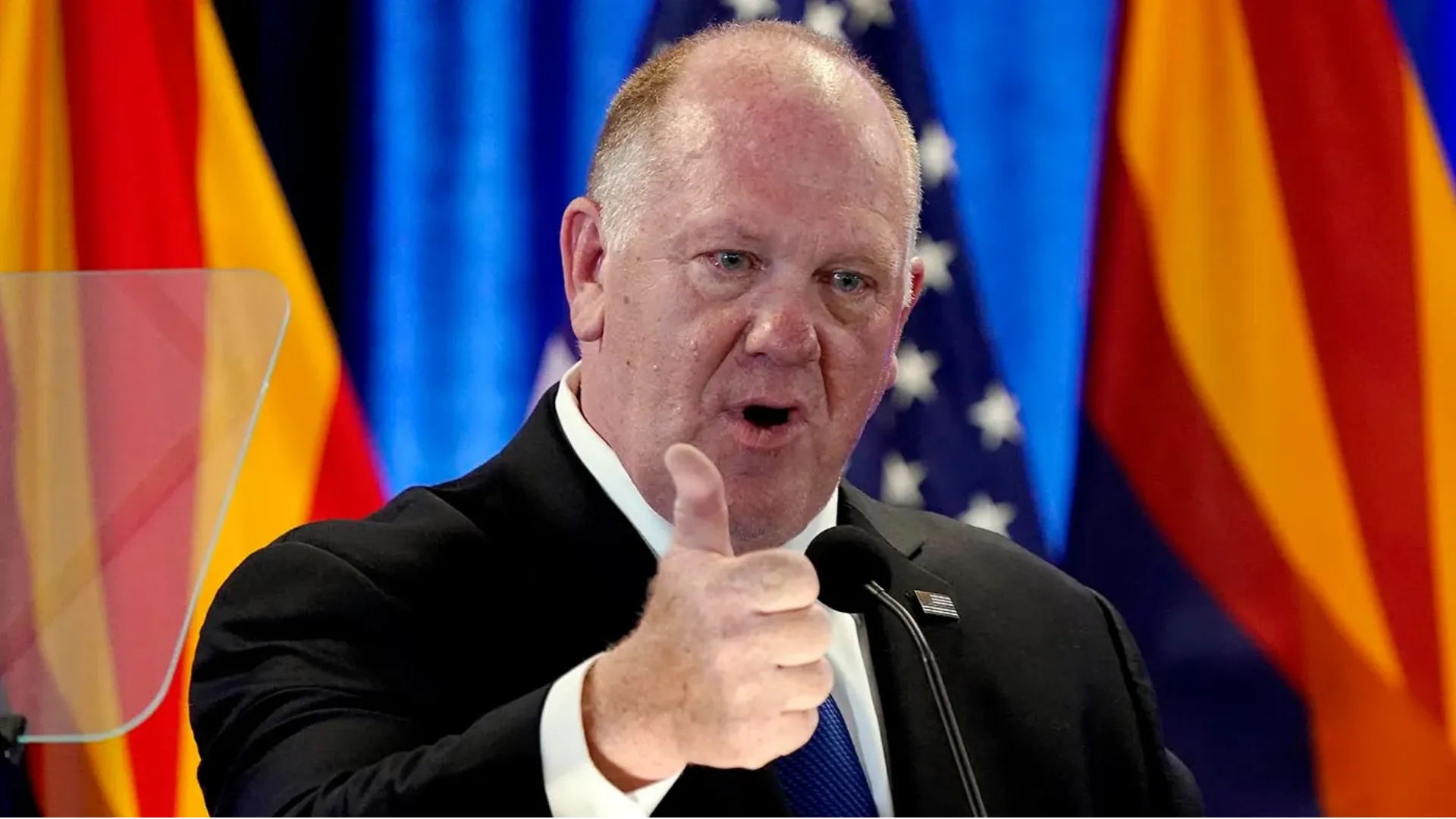
Former President Barack Obama has publicly criticized President Donald Trump’s recent actions against American universities and law firms, calling them dangerous to the foundation of the country’s democratic principles.
Speaking Thursday at Hamilton College during a question-and-answer session, Obama made it clear that he is alarmed by what he sees as a misuse of executive power.
“I’m more deeply concerned with a federal government that threatens universities if they don’t give up students who are exercising their right to free speech,” Obama said. “That kind of behavior is contrary to the basic compact we have as Americans.”
His comments come amid rising tensions between the Trump administration and higher education institutions across the country. The White House has recently withheld federal funding from several schools, including Columbia and Harvard, citing inaction on antisemitism and alleged Title IX violations.
In one of the most high-profile moves yet, the administration paused $400 million in funding to Columbia University pending an investigation into the university’s handling of antisemitic incidents on campus.
In addition, Trump has signed an executive order that restricts federal agencies from contracting with law firms that the administration believes are “working against American interests.”
Though the full details of the order have not been made public, it has raised serious concerns among legal experts, constitutional scholars, and former government officials.
Obama didn’t hold back when addressing these developments. “I am more troubled by the idea that a White House can say to law firms, ‘If you represent parties that we don’t like, we’re going to pull all our business or bar you from representing people effectively,’” he said. “That’s not how the law is supposed to work.”

The former president emphasized that these tactics go against the very foundation of American democracy and the independence of institutions. He warned that using the power of the federal government to intimidate organizations based on political disagreement could have long-term consequences far beyond the current administration.
Obama, known for his careful and deliberate tone, made it clear that he believes the time has come for institutions to stand up for their principles, even if it comes with a cost. “If you’re a law firm being threatened, you might have to say, OK, we will lose some business because we’re going to stand for a principle,” he said.
He made a similar call to universities. “If you are a university, you may have to figure out, are we in fact doing things right? Have we in fact violated our own values, our own code, violated the law in some fashion?” he asked.
“If not, and you’re just being intimidated, well, you should be able to say, that’s why we got this big endowment.”
His reference to endowments was pointed, especially as institutions like Harvard University have come under fire for their massive financial reserves. Harvard, for instance, has an endowment valued at more than $50 billion.
Critics have questioned why such institutions still rely on federal funding when they have such large reserves.
However, endowments are not simply “free money.” Most university endowments are tied to specific legal and donor restrictions. They are usually earmarked for scholarships, research, faculty positions, or long-term investments and cannot be freely used to cover any expense.
Obama acknowledged this reality but suggested that universities still have a responsibility to protect academic freedom.
The Trump administration’s actions have drawn both support and criticism. Supporters argue that the federal government has a duty to hold universities accountable for failing to act on antisemitism or for violating Title IX, the federal law that prohibits sex-based discrimination in educational settings. They claim that withholding funds is a necessary pressure tactic to ensure compliance and reform.

But critics see the actions as selective enforcement designed to target institutions that have traditionally leaned liberal or progressive. They argue that free speech and academic freedom are being undermined by the threat of financial punishment.
Law firms are also feeling the pressure. According to reports, several firms that have represented immigration advocacy groups, environmental organizations, or civil rights lawsuits against the Trump administration have been warned that their federal contracts could be reviewed or canceled.
The president’s executive order signals a new strategy: discouraging legal resistance by cutting off business to those who take controversial or oppositional cases.
Obama warned that such behavior sets a dangerous precedent. “You don’t want a situation where lawyers are afraid to take on a case because the government might retaliate,” he said. “That undermines the entire system of justice.”
Legal associations, including the American Bar Association, have expressed concern that the executive order could interfere with the ethical obligation lawyers have to provide representation without fear of retribution. In a democracy, legal defense — even for unpopular or politically sensitive causes — is considered a fundamental right.
University leaders are also caught in a difficult position. On one hand, they are facing rising student activism, particularly around issues of race, gender, Palestine, and protest rights.
On the other hand, they are navigating new federal demands that could jeopardize funding and trigger public backlash.
Obama’s comments reflect a growing frustration among those who believe that higher education and the legal profession are being unfairly targeted for political gain. While he did not mention Trump by name, the implications of his remarks were clear.
The former president has largely stayed out of daily political battles since leaving office, but in recent months, he has been more vocal about what he views as fundamental threats to democratic institutions. He has spoken out about voter suppression, political violence, and the erosion of public trust in democratic norms.

At Hamilton College, he spoke not just as a former leader but as a concerned citizen. His words were a call for courage among institutions that have, in his view, become too passive in the face of authoritarian tendencies.
“Democracy doesn’t just protect itself,” Obama said. “It takes people — and institutions — willing to stand up for it, even when it’s hard.”
As the 2024 presidential election continues to define political conversation, the clash between the White House and American institutions is likely to intensify. Universities and law firms will need to make difficult choices about how to respond to pressure from the federal government.
Obama’s message was clear: standing up for principle is never easy, but it is necessary — and sometimes, it means being willing to take a hit.



